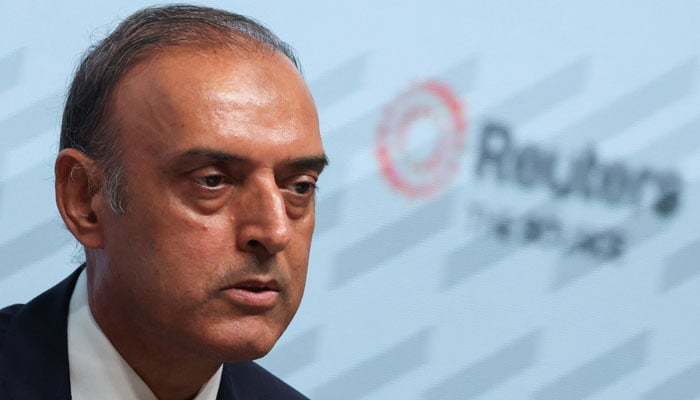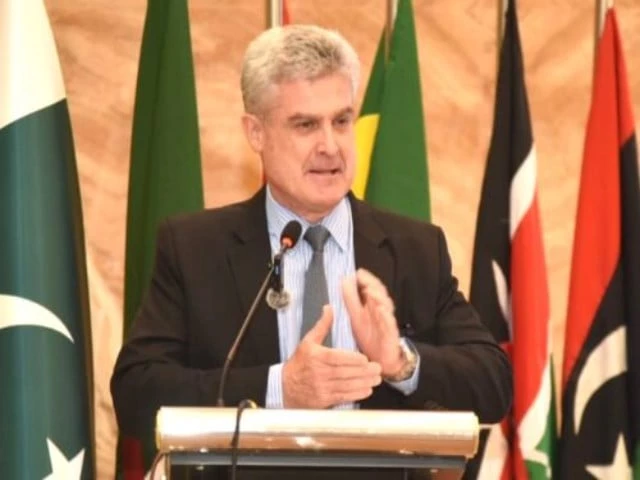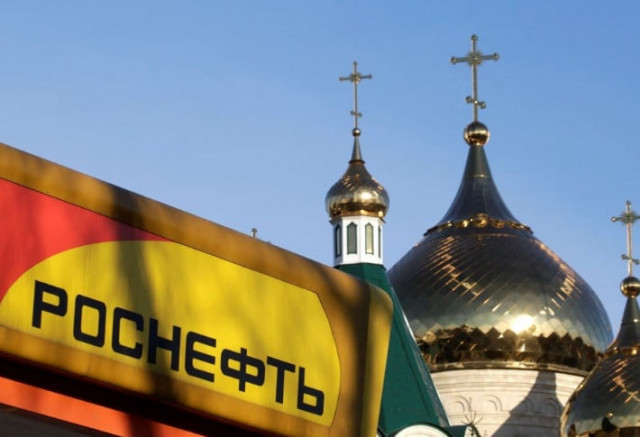The State Bank of Pakistan (SBP) Governor Jameel Ahmad said on Wednesday that the central bank is preparing to launch a pilot for a digital currency and is in the final stages of preparing legislation to regulate virtual assets.
This move comes as Islamabad ramped up efforts to modernise its financial system amid a rising global interest in blockchain-based payments, with central banks around the globe exploring the use of digital currencies.
to drive virtual asset adoption
The State Bank of Pakistan (SBP) Governor Jameel Ahmad said on Wednesday that the central bank is preparing to launch a pilot for a digital currency and is in the final stages of preparing legislation to regulate virtual assets.
This move comes as Islamabad ramped up efforts to modernise its financial system amid a rising global interest in blockchain-based payments, with central banks around the globe exploring the use of digital currencies.
The SBP’s latest efforts for a digital currency come after China, India, Nigeria, and several Gulf states made similar moves to test or issue digital currencies through controlled pilot programmes.
While attending the Reuters NEXT Asia summit in Singapore, Ahmad said Pakistan was “building up our capacity on the central bank digital currency” and hoped to roll out a pilot soon.
He was speaking on a panel alongside Sri Lanka’s central bank governor, P Nandalal Weerasinghe, with both discussing monetary policy challenges in South Asia.
Ahmad said a new law would “lay down the foundations for the licensing and regulation” of the virtual assets sector and that the central bank was in touch with some tech partners.
The move builds on efforts by the government-backed Pakistan Crypto Council, set up in March to drive virtual asset adoption. The PCC is exploring bitcoin mining using surplus energy, has appointed Binance founder Changpeng Zhao as a strategic adviser and plans to establish a state-run bitcoin reserve.
It has also held talks with US-based crypto firms, including the Trump-linked World Liberty Financial.
In May, the State Bank of Pakistan clarified that virtual assets were not illegal. However, it advised financial institutions not to engage with them until a formal licensing framework was in place.
“There are risks associated, and at the same time, there are opportunities in this new emerging field. So we have to evaluate and manage the risk very carefully, and at the same time not allow to let go the opportunity,” he said on the panel.
On Wednesday, Pakistan’s state minister on blockchain and crypto, Bilal bin Saqib, said in a statement that Pakistan’s government had approved the “Virtual Assets Act, 2025”, creating an independent regulator to license and oversee the crypto sector.
‘Tight monetary policy transfer’
Ahmad said the central bank would continue to maintain a tight policy stance to stabilise inflation within its 5–7% medium-term target.
Pakistan has cut its benchmark rate from a peak of 22% to 11% over the past year, as inflation slumped from 38% in May 2023 to 3.2% in June, averaging 4.5% in the 2025 fiscal year just ended, a nine-year low.
“We are now seeing the results of this tight monetary policy transfer, both on our inflation as well as on the external account,” he said.
Ahmad said Pakistan was not overly exposed to dollar weakness, noting its foreign debt was mostly dollar-denominated and only 13% comprised Eurobonds or commercial loans.
“We don’t see any major impact,” he said, adding that reserves had risen to $14.5 billion from under $3 billion two years ago.
Ahmad said Pakistan’s three-year $7 billion IMF programme, which runs through September 2027, was on track and had resulted in reforms in fiscal policy, energy pricing and the foreign exchange market.
“We are confident that after that (IMF programme), maybe we will not require an immediate (follow-up).”
Asked whether Pakistan had financing plans lined up for upcoming military equipment purchases, particularly imports from China, Pakistan’s central bank governor said he was not aware of such plans.





